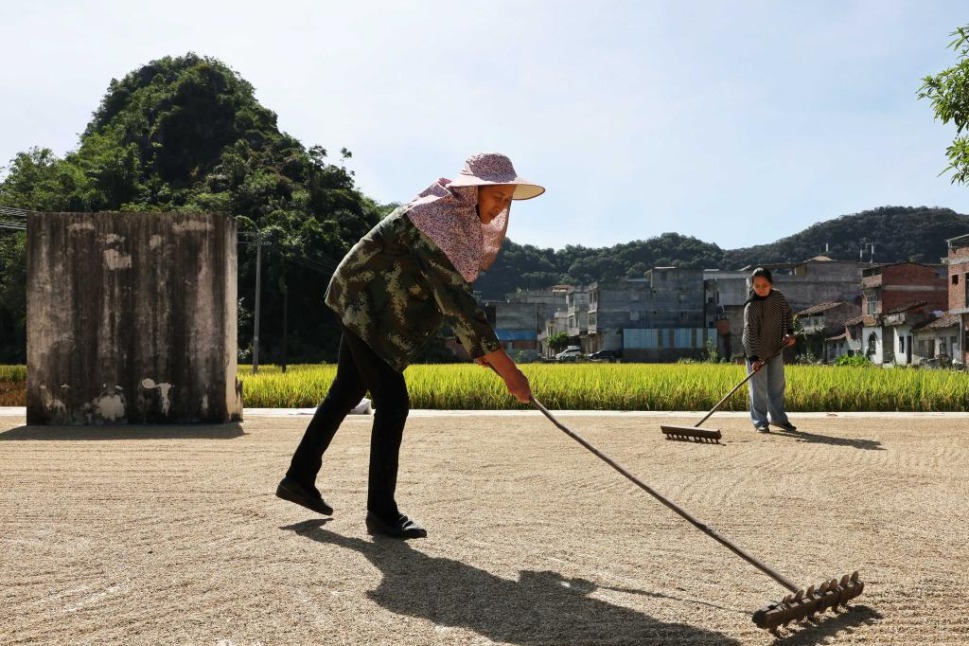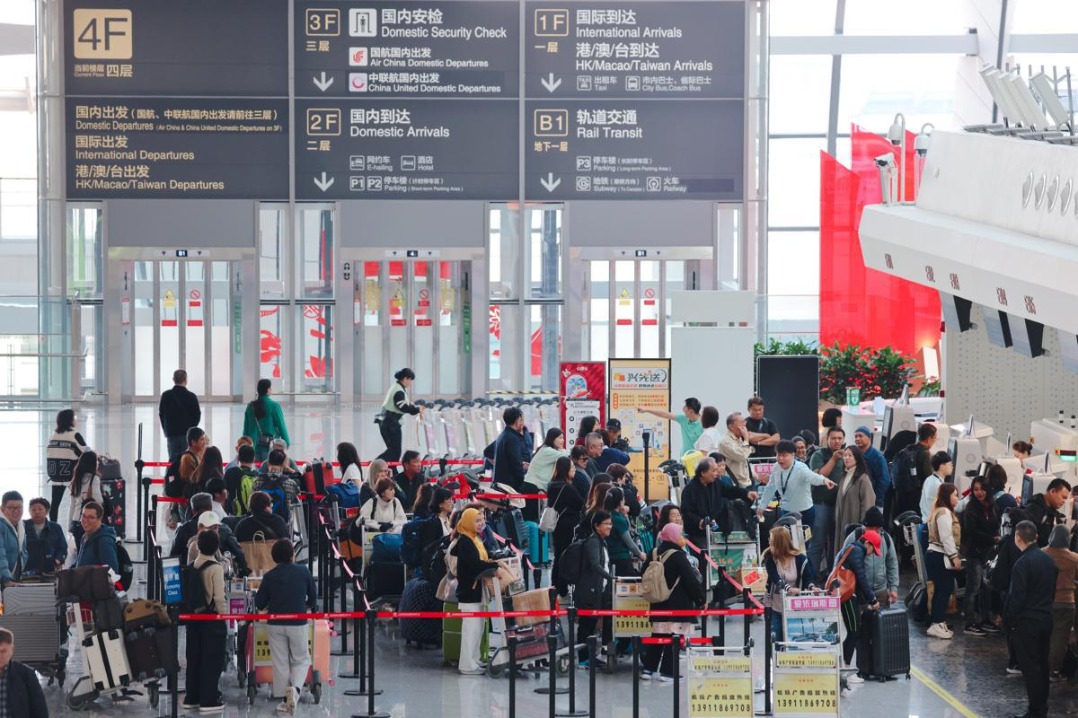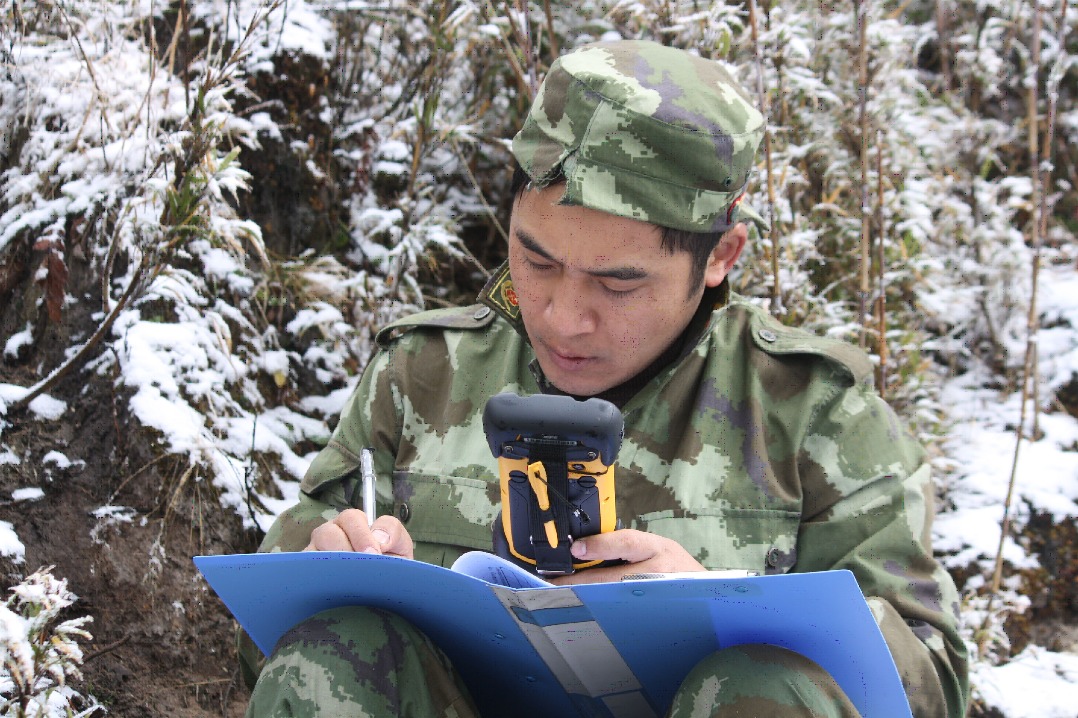Chinese vegetables a winter hit in Russia


HARBIN - Truck driver Wang Min drove for more than 30 hours with fellow truckers to deliver fresh vegetables from Shouguang, Shandong province, to Suifenhe, Heilongjiang province, on the border with Russia.
The nighttime temperature in Suifenhe had dropped to below 0 C as Wang prepared to wrap the fresh produce with thick quilts to prevent it from freezing on the road.
At 10 pm, workers were still busy in the Suifenhe Lanyang Economic and Trade storehouse, collecting and sorting a dozen varieties of vegetables delivered by truck drivers like Wang from across China. The company has exported more than 20,000 metric tons of vegetables to Russia this year, including carrots, onions and potatoes.
With the onset of winter, the demand for vegetables in far eastern Russia has soared, and the peak season for China's fresh vegetable exports to Russia has begun, said Wang Yingdong, general manager of the company.
Alexandria Lakishev, a bank clerk in Vladivostok, Russia, said over the phone that Chinese vegetables have become indispensable to Russian dining tables.
"Convenient trade channels have brought fresh Chinese vegetables to Russian families," Lakishev said. "I hadn't tried broccoli and okra before, but with the supply of a wide variety of Chinese vegetables to Vladivostok, I can get them here. I like to eat these vegetables."
Lakishev added that winters in Russia are long, lasting for more than six months, making it difficult for vegetables to grow. Further, vegetables grown in greenhouses are expensive in Russia, and the Chinese produce is more affordable.
The cross-border vegetable trade is also important in Heihe, another city in Heilongjiang.
Sun Li, manager of Heihe Fangshengyuan Commerce and Trade, said his company exports 30,000 tons of vegetables to Russia each year.
Sun said it takes two days for Chinese vegetable exports from Heihe to reach the market in Vladivostok.
Direct exports from Heihe across the Heilong River to the Russian city of Blagoveshchensk are suspended at the end of October each year due to the freezing of the river, and shipments to Russia are diverted to the land checkpoint in Suifenhe.
Sun's company is now sending seven to eight trucks of vegetables a week to Russia, mainly tomatoes, cucumbers and peppers.
China's vegetable exports to Russia are mainly carried out through customs checkpoints in Suifenhe and Heihe, and also in Manzhouli in the Inner Mongolia autonomous region.
Xinhua
- Developing global AI governance framework highlighted at WLA forum
- China's AI boom sees new wave of applications
- Over 60% of China's population proficient in primary or higher digital skills
- Over 3.41m eligible for China's annual civil servant intake
- China urges US to cease arming Taiwan
- 'Bauhinia Cup' ignites patriotism among Hong Kong students on PRC's 75th anniversary




































